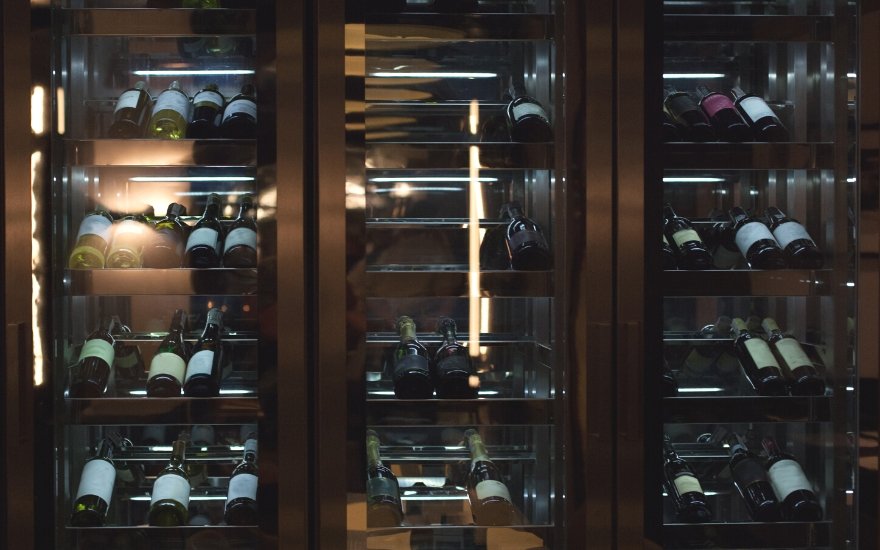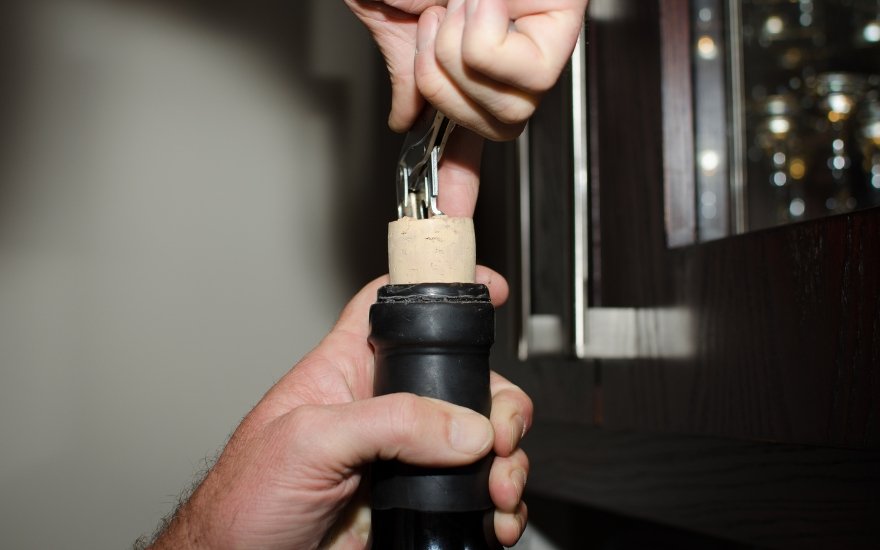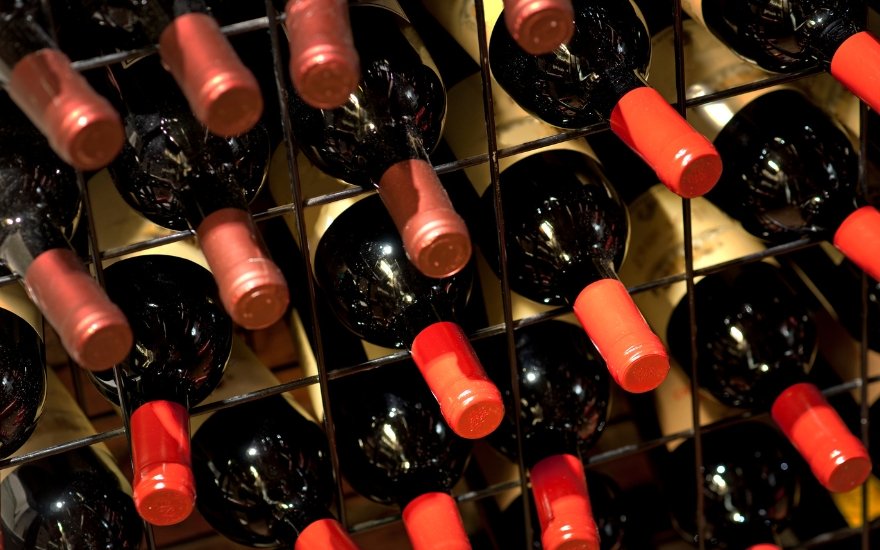We love wine, but it’s sensitive and there’s nothing worse than putting time and money into buying a lovely bottle of wine only for it to be spoiled by not storing it correctly.
Whether it’s opened but unfinished, unopened but penned in for a pour, or you’re storing with no intentions of ever drinking, there are surprising pitfalls waiting for you at every turn. So, here is a comprehensive guide on how to store wine properly. Let’s begin with leftover wine…
How to store open wine bottles
Temperature & Light
As a number one priority, high temperatures and direct sunlight must be avoided. Wine deteriorates rapidly in these conditions, so cool and dark conditions are always best. For opened wine, refrigeration is the safest bet because it slows oxidation down and guarantees no high temperatures or sunlight.
Oxygen
Oxygen is initially a friend to wine, with many bottles improving after an hour or so of opening. However, it quickly becomes an enemy.
Re-corking is essential, and the same goes for checking that the cap is tightly secured. Basically, anything you can do to stop air from getting into the bottle will help preserve the wine so we’d recommend buying yourself a reusable cork if you haven’t got one already.
Once opened, you’ll need to store your bottle vertically to minimise the amount of wine coming into contact with the air. This won’t help to keep the cork moist but once opened, this shouldn’t have time to have much of an impact. You can always tip the bottle to moisten it, or add some water to it so that it remains a snug fit.
If you regularly find yourself with half a bottle leftover, then it might be worth buying some empty half bottles to decant into. If you want to really push the boat out, there are even wine pumps that remove the air. Remember, the less air in the bottle the better!
How to store wine bottles you will open
Temperature & Light
Even if you’re planning on cracking open a bottle of wine soon, don’t make the mistake of just leaving it anywhere. It’s easy to just pop it down somewhere and forget, and even an hour in direct sun can completely ruin a wine. White wine in particular can become ‘light struck’ which is why bottles are generally not clear!
There’s really no need to refrigerate a bottle you plan to open, but cool and dark conditions are best. No direct sun (avoid indirect if possible), and comfortably below 20 degrees Celsius.
Oxygen
Screwcaps don’t really need to rest on their side as that’s more relevant to corks and longer ageing. Just check that the cap is secure with no dents or anything letting in oxygen. As long as it’s not opened, there’s of course no harm in horizontal positioning, however.
Don’t disturb it
This isn’t likely to have a massive impact if you’re going to get round to drinking it sooner rather than later, but vibrations in the fridge will cause some degradation to the wine over time by disturbing sediment and altering the chemical structure slightly. There are other reasons to avoid the refrigeration too, like intense odours breathing through the cork and the likelihood of it being regularly moved and sloshed around to make room in the ridge.
How to store wine bottles you plan to keep
Temperature & Light
If you’re planning on storing wine bottles for longer periods of time, then it’s pretty much the same rules – cool and dark. Ensure there is no risk of the area climbing over 20 degrees Celsius, and ideally lower. Remember to make sure that no light comes through at any point of the day, and if there’s a risk of this simply cover the bottle with cloth or something similar.
Store horizontally
Wines that you’re storing for years will likely be corked, so store these wines horizontally. The cork might seem tight, but if it dries out completely then oxygen will seep in and gradually destroy the wine.
Avoid strong odours
As a rule of thumb, keep wine separate from any strong odours from foods, cleaning products and alike. As we mentioned before, wine breathes through the porous cork so just be aware of the nearby smells and make sure it’s neutral. The kitchen might initially make the most sense for wine storage in your home, or perhaps the garage, but both these locations have potential to surround your wine with strong aromas so be careful.
Don’t disturb it
Similarly, to bottles of wine you plan on opening soon, it’s important to leave wine alone. Any vibrations from a fridge or washing machine or movement from gym equipment will slowly affect the liquid. This is even more relevant for long-term storage because constant jolting of the bottle adds up over time. Like we say, the occasional removal of a bottle to look at it won’t be detrimental, but if you’re storing wine it’s likely to be of high quality or an investment, so keeping it still is best.
Humidity
Something people can forget about when it comes to storing wine you don’t plan on opening is humidity. Even if stored horizontally, very low humidity will dry out the cork which again, can lead to oxygenation issues.
On the other hand, higher humidity could begin peeling labels off bottles or at least damaging them, causing issues with re-sell or just aesthetic irritation. Luckily, no particularly special humidity conditions are required (it’s wine not some exotic frog!) but just make sure humidity isn’t much lower than 50, or above 70 – around 60 is perfect. Most homes will be around 55 but this obviously varies house to house and room to room!
If something’s gone wrong with storing your wine, or you just have leftover wine that is on the turn then hold your horses. A staggering amount of leftover wine gets poured down our sinks every year, and there’s actually loads you can do with it! Explore your wine’s second life here!




